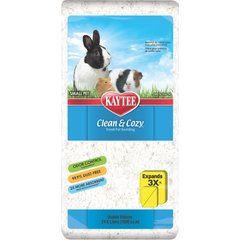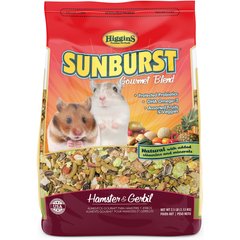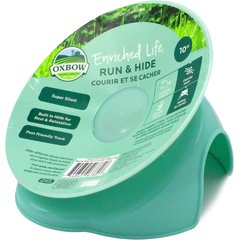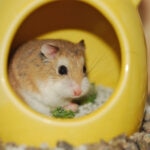Where Do Hamsters Come From? Discover Their Wild Origins
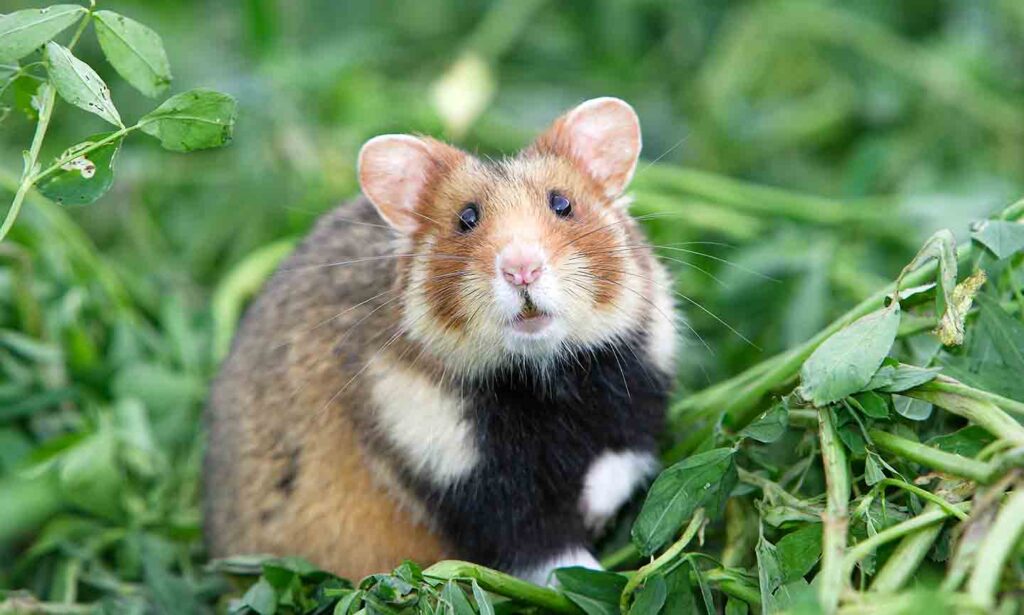
Photo by Michel VIARD/iStock / Getty Images Plus
Where Do Hamsters Come From?

MirasWonderland/iStock / Getty Images Plus
Hamsters have a variety of native regions. The most popular hamster to keep as a pet is the Syrian hamster, which originally came from Syria. But hamsters also live in many other parts of the world—in fact, there are around 24 species that originate in places like Asia and Europe.
It’s said that the very first mention of the Syrian hamster was made all the way back in 1797 by a physician named Alexander Russell. He’s the one who first discovered the animals in the wild, and he described them in a book called “The Natural History of Aleppo” (the area of Syria where he spotted them), but an official name wasn’t provided at the time. Hamsters were first recognized as a species in 1839.
In the wild, much like our pets, a hamster’s natural habitat is an area where they can burrow. This is important for their survival so they can protect themselves from predators, stash food, and raise their pups. Hamster habitats around the world include:
- Grasslands
- Meadows
- Farmland
- Fields
- Gardens
- Sand dunes
Wild hamsters also need access to food sources, like seeds, grains, and insects.
Recommended Products
Where Do Hamsters Live in the Wild?
Today, wild hamsters reside in Europe and Asia.
Wild hamsters are rarely seen because their declining habitats are leading to decreased populations. Hamsters tend to have an affinity for dry temperate zones, which includes deserts. They can also live in cold climates like Mongolia and Syria.
Characteristics of Wild Hamsters
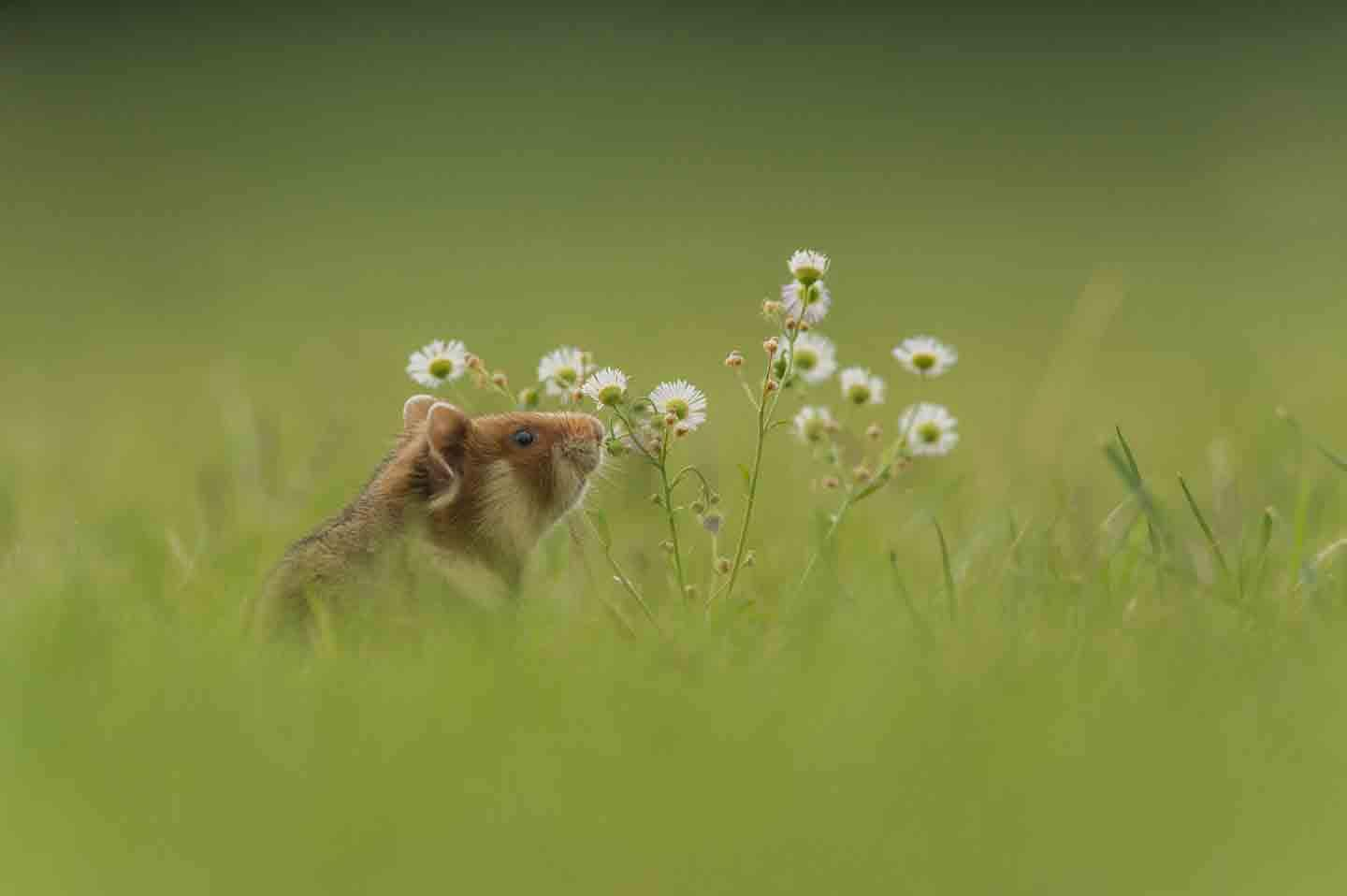
Karl Leitner/iStock / Getty Images Plus
In general, hamsters’ physical characteristics include:
- Fur covering their body
- Beady eyes
- Short tails
- Long snouts
- Small ears
- Tiny but effective paws for digging
Since wild hamsters are burrowers, their physical features allow them to tuck easily into the ground. This includes a sloped forehead that allows them to fit into tunnels and small bodies that can squeeze into tight spaces.
Hamster species range in size, with the largest European hamster weighing up to a pound. Their coloring can be:
- Black
- Yellow
- A mixture of white, brown, and gray
Hamsters are crepuscular, which means they are most active during dawn and dusk. They prefer to sleep during the daytime when predators are more active. As a result, they have poor eyesight and use their sense of smell and sensitive whiskers to navigate.
Syrian hamsters tend to keep to themselves and live alone, while Dwarf hamsters are more social. Hamsters don’t enjoy being woken up during the day—they will use vocalizations to announce their displeasure—and when temperatures heat up, they’ll dig tunnels deep in the ground to escape the hot sun. In general, wild hamsters are territorial of their burrows.
Wild hamsters are omnivorous animals, meaning they will consume all manner of foods, including:
- Insects
- Amphibians
- Reptiles
- Seeds
- Fruits
- Grains
They usually forage during the nighttime hours. They store food in their large cheek pouches and bring it back to eat in their burrows, away from predators.
How Did Hamsters Become Domesticated?
In 1930, a zoologist named Israel Aharoni led an expedition to search for golden hamsters, which took place in Aleppo. Along with his team, he discovered a single golden hamster and her 11 pups in a wheat field.
Four of the hamsters were raised successfully, and Aharoni was able to breed them. The pups were distributed to academic institutions and conservation facilities, including the London Zoo.
A dozen hamsters came to the United States in 1938, arriving at a Public Health Service laboratory in Carville, Louisiana. These domesticated hamsters eventually led to the Syrian hamsters that many people today keep as pets.
Conservation of Wild Hamsters
Unfortunately, there are several threats to wild hamsters, including:
- Urban sprawl, which can disturb and destroy their habitats
- Expansion of agriculture
- Road mortality (especially at dawn and dusk when they’re foraging for food)
- Pesticide and rodenticide use
- Climate change (The change in seasonal cues can be disruptive to hamster breeding and behavior, which can make them more susceptible to predators.)
- Illegal trapping and trade
Wild hamsters also have natural predators like foxes, weasels, snakes, and birds. When hamsters’ habitats are disturbed, they have weakened protection against these predators; and as a result, their numbers can decrease. Diseases and parasites can be transmitted to hamsters via other wildlife and domestic animals as well.
Many wild hamsters are currently listed as endangered, and their populations are decreasing, according to the IUCN Red List. That’s why efforts to protect wild hamster populations are underway by organizations like the International Fund for Animal Welfare and others.
Expert input for this story provided by Courtney A. Campbell, DVM, DACVS (Small Animal), a board-certified small animal veterinary surgeon in Ventura, California; Erin Ramsey, co-president of the California Hamster Association in California; Dr. Christoph Mans, professor of zoological medicine at the University of Wisconsin-Madison; and Teresa Manucy, DVM, a telehealth veterinarian for Chewy.
This content was medically reviewed by Chewy vets.
